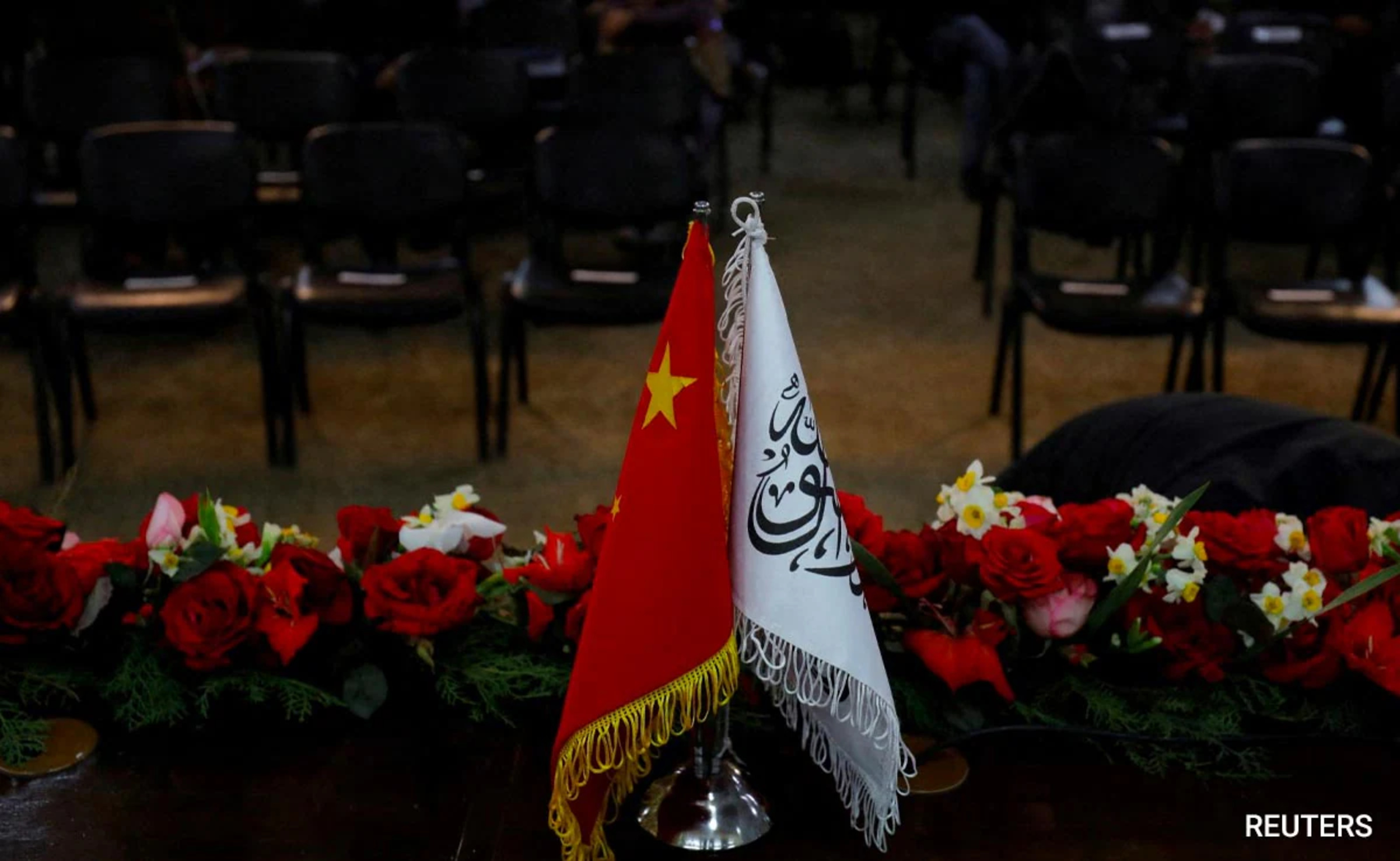the Taliban’s significant participation in China’s Belt and Road Forum in Beijing, highlighting their diplomatic ties and Afghanistan’s economic potential. Explore the implications of this event for international recognition and regional development in our in-depth analysis.
Taliban and China Diplomatic Ties
The upcoming participation of the Taliban in China’s Belt and Road Forum marks a significant milestone in the evolving diplomatic landscape of Afghanistan. This decision underscores the deepening engagement between the Taliban administration and Beijing, despite the Taliban’s still tenuous international recognition. While the Taliban has previously attended regional meetings, particularly those focused on Afghan affairs, the Belt and Road Forum represents a major leap in their participation on the global stage.
The Belt and Road Forum, scheduled to take place over two days in Beijing, is an event of considerable significance. It commemorates the 10th anniversary of President Xi Jinping’s ambitious and far-reaching global infrastructure and energy initiative, which has been described as a modern reimagining of the historic Silk Road. This initiative seeks to revitalize ancient trade routes, promote connectivity, and bolster international trade and economic cooperation. By accepting an invitation to such a prominent event, the Taliban aims to position itself as a legitimate player in international affairs.
Haji Nooruddin Azizi, the Taliban’s acting minister for commerce and industry, will be the face of the group at this forum. His agenda includes not only attending the event but also actively seeking investment in Afghanistan. This move is in line with the Taliban’s efforts to showcase Afghanistan’s economic potential to the world. Afghanistan, despite its challenging economic conditions, possesses vast and valuable mineral resources, ranging from copper and gold to lithium. These resources, estimated to be worth between $1 trillion and $3 trillion in 2010, have the potential to become a significant driver of the nation’s economic development.
One of the key points of discussion between China and the Taliban is the potential development of a substantial copper mine in eastern Afghanistan. This project was initiated under the previous foreign-backed Afghan government and remains of considerable interest to China. While the exact stance of China’s foreign ministry on this matter is yet to be confirmed, their involvement in such discussions underscores the nation’s keen interest in Afghanistan’s resources and infrastructure.
Additionally, discussions will continue in Beijing regarding the construction of a direct road through the Wakhan corridor, a rugged and mountainous strip in northern Afghanistan. This road would provide Afghanistan with a direct trade route to China, further enhancing connectivity in the region. Notably, officials from China, the Taliban, and neighboring Pakistan expressed their mutual interest in expanding the Belt and Road initiative to encompass Afghanistan. This development demonstrates a desire to integrate Afghanistan into regional economic and trade networks, signaling a new era of cooperation.
It’s crucial to acknowledge that the Taliban, despite gaining control of Afghanistan two years ago as U.S. and other foreign forces withdrew, has not received formal recognition from any government. One of the key hurdles to international recognition is the group’s imposition of restrictions on women’s participation in public life, which has raised concerns and objections from many Western countries. The exclusion of female NGO staff from their work has also contributed to the reluctance of Western nations to extend recognition.
China has taken a different approach. Beijing has significantly expanded its engagement with the Taliban, becoming the first nation to appoint an ambassador to Kabul following the group’s ascendancy to power. China has also demonstrated a willingness to invest in various mining projects within Afghanistan, indicating its commitment to fostering economic ties with the nation. Last month, China’s ambassador presented his credentials to the Taliban’s acting prime minister, an act that distinguishes China from other countries that have retained their previous ambassadors or appointed heads of missions in a charge d’affaires capacity, avoiding the formal presentation of credentials to the Afghan government.
The Taliban’s participation in the Belt and Road Forum in Beijing not only underscores their increasing diplomatic engagement with China but also marks an important step in their efforts to gain international recognition. This development holds the potential to reshape the dynamics of Afghanistan’s diplomatic relations and its economic future. It will be closely watched by the global community, particularly in the context of China’s growing influence on the international stage and its expanding role in Afghanistan’s post-conflict reconstruction and development.
aslo read Mohammed Dief
